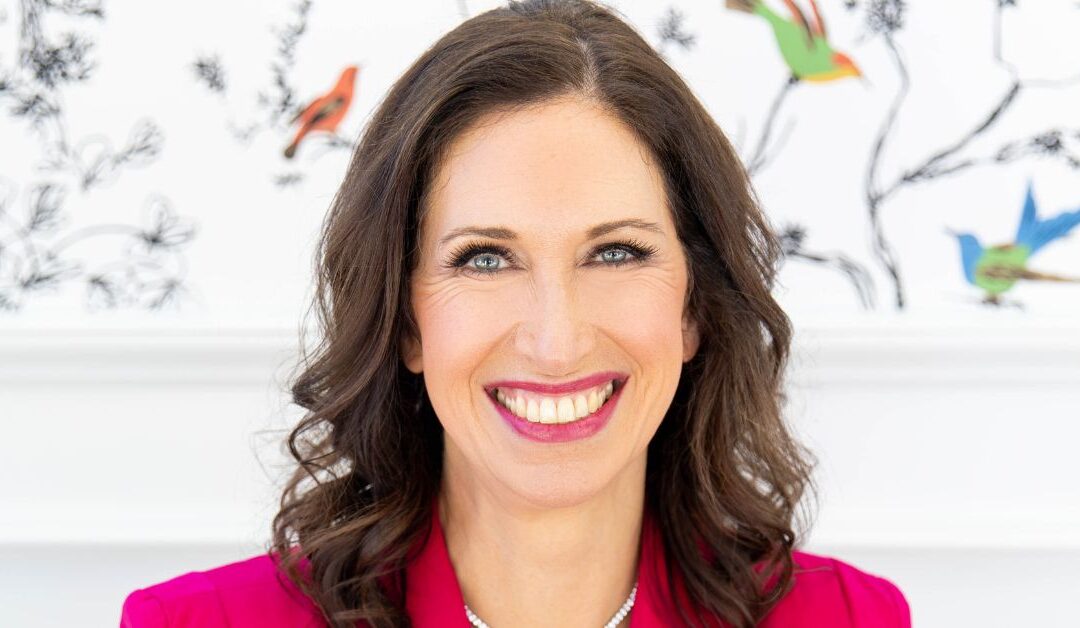“When a woman finally learns that pleasing the world is impossible, she becomes free to learn how to please herself.”
― Glennon Doyle, ,Untamed
In the last several years, I have been on a continuous journey to rid myself of my people-pleasing habits that negatively affect me. (In this article today we are talking distinctly about the difference between people pleasing, not loving and respecting of others.)
People-pleasing is ingrained in us, especially women and young girls (and even more in the South), since the day we are born. As it turns out that, upon the evidence of many failures throughout life, I am allowed to choose myself over others. Even strangers. Even Family. No one told me.
I have learned, (and am still learning) how to grow my boundaries around pleasing others, and I now do simple things like say “no” to events, baby showers, gatherings, PTA boards, field trip volunteering, parties, etc that I do not want to attend without creating excuses or lies as to why I can’t make it. I just say, “no thank you.” (Whaaaat? Your mind is blown, right? Mine is too.)
I have learned to not tippy-toe around things I want or need in life. I am beginning to ask for them politely, directly, and clearly.
I have learned the beauty of saying, “You may no longer drop by my home anytime and unexpectedly,” to family members even when they are close family members that I love and want to see often.
But today, I am here to talk not about people pleasing in general, but instead about the most productive people-pleasing habit that I have dumped out of my life, and this will hit home for all you life and business coaches out there.
I have dropped:
Agreeing with, and empathizing with, my coaching client’s ‘reasons’ for their lack of joy, happiness, and success in life and business. AKA: their excuses or their stories they have convinced themselves.
I hereby promise to never lean into the thoughts and beliefs my clients are telling themselves in order to stay small and protected.
Guys, this is HARD when we have been taught to connect with other humans by empathizing, nodding, understanding, and giving them a hug. (Which 100 percent has it’s place, just not in my coaching calls.)
Many of my coaching clients have a ‘story,’ or a reason that they are not where they want to be in life or in their business, as we all do, right?
They are something along the lines of:
Busy raising kids.
Not enough time in the day.
Don’t have enough help.
Don’t have enough money.
Have too many responsibilities.
They lost their favorite cat last month.
They don’t know how.
(This list could go on for 6 pages, but I will save you.)
Is their story true to them? You bet.
Is their story outside of their noggin? No way, Jose.
Politely and compassionately not believing someone’s story, while on the phone with them, is uncomfortable. It requires the coach to be confident enough to leave their people-pleasing desires out of the room. I take this very seriously, and I take it very seriously to coach my clients who are coaches…to do the same for their clients.
“We may call it “people pleasing,” but it is entirely self-serving because it is really all about keeping myself comfortable. Boiled down, it could be more accurately called “me pleasing.”
―,Emily P. Freeman
Giving the client the gift of *not* believing their story ignites change in your client. Even if that change shows up in the beginning as anger or defensiveness. (And people WILL get defensive about their story. It is their baby. They have created it, nursed it, loved it and held onto it most of their life.)

The client’s change is MORE IMPORTANT than the coach’s need to stay comfortable, safe, and protect the feelings on the other end of the call.*
Why is it easy-ish for me to show clients this? I realize that I may be the ONLY person in my client’s life that is willing to tell them that their reasoning isn’t the actual problem. For most of my clients, their parents and partners and friends are on their “team” and believe that being on their “team” means supporting them regardless, even if that support means allowing them to stay small and to believe that their circumstances are the reason for their results.
Our circumstances are NOT the reason for our results. Our thoughts about our circumstances are the reason for our results.
What are your circumstances? What are your thoughts about these circumstances? What are you going to do about them?
If you’re a coach: Are you removing your need to be comfortable in order to serve someone to the best of your ability?
Sincerely,
Becca



